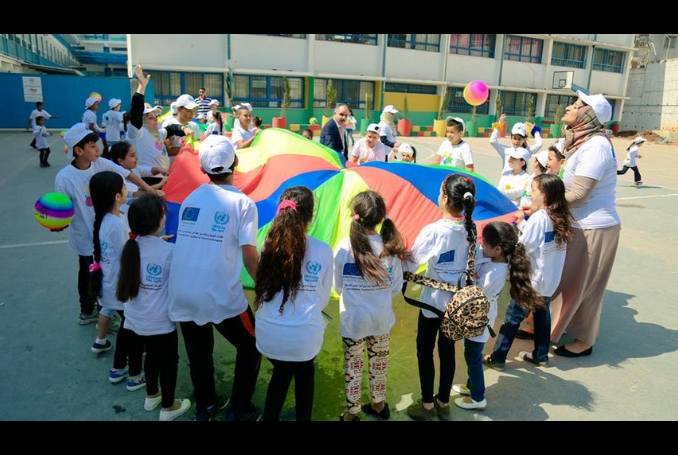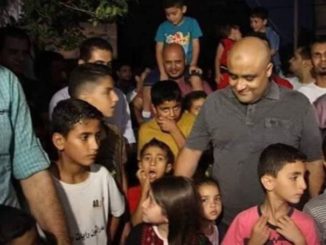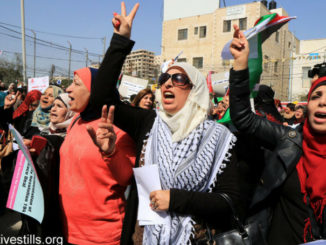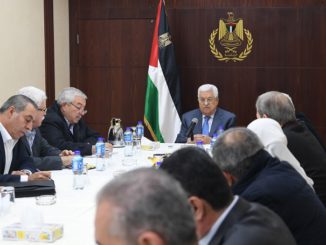
By Ramona Wadi
Despite financial setbacks caused by political agendas and misconduct allegations, the UN Relief and Works Agency (UNRWA) ensured that its schools opened on time for the new academic year. Commissioner-General Pierre Krähenbühl described education as central to UNRWA’s mandate, yet the agency is not past attaching importance to symbolism and, despite its work, normalize the violence inherent in Israel’s settler-colonial project.
The opening of the new school year in Silwan, for example, publicized due to renovation works carried out during the summer recess, was lauded by Krähenbühl. “This return to school is also a symbol of preserving normalcy and a safe learning environment,” he remarked.
The safe learning environment rhetoric, favored by international organizations, is replete with discrepancies and can have severe repercussions. A joint statement published by UNICEF in January 2019 focuses on the impact of the Israeli state and settler colonial violence as regards access to education and safety for Palestinian students. If there is still need for UN statements to remind us that children “should never be the target of violence and must not be exposed to any form of violence,” it stands to reason that Israel is not facing any deterrent to its destabilization of Palestinian education.
Departing from this crude truth, what are UN institutions accomplishing as regards education and the trauma which Palestinian children face daily? At best, and this is far from satisfactory, they have compiled evidence which is being wasted due to the refusal to hold Israel accountable for perpetuating cycles of dispossession and rendering the education of Palestinian children a possibility, rather than a right.
Even worse, UNRWA’s focus on its role in ensuring that its work fits within the crafted statements of normality promoted at an international level is pushing Palestinian children into roles that are not of their choosing. Firstly, Palestinian students in UNRWA schools are not there to serve the agency’s image; colonialism and international complicity made the creation of UNRWA inevitable. The constant renewal of UNRWA’s mandate affirms international acceptance of Israel’s colonial project and forces Palestinians into symbolic roles that have nothing to do with their aspirations for leading free and fruitful lives in their own land.
UNRWA’s donor dependency casts Palestinian narratives further away from the attention they deserve. In line with the political and bureaucratic agenda, Palestinian children are coerced to conform with their limitations while exploited by the system which purports to enable Palestinian refugee students “to contribute positively to the development of society and the global community.”
Undoubtedly, if Palestinian education was unhindered by Israel, Palestinian students would excel, given their appreciation of, and inclination towards, education. UNRWA, however, promotes its structure by eliminating the context in which it operates, and which forces Palestinian children to depend upon international institutions for their basic rights and needs.
Current investigations into UNRWA apart, the agency’s relevance remains tethered to the international community first and foremost. Forced into dependency upon its services as they are, Palestinian refugee children should not be lost to bureaucracy and UNRWA’s publicity. With each occasion stealing the spotlight, UNRWA has become bolder, or more subservient, in ensuring that the international agenda is allowed to tarnish Palestinian aspirations for liberation. This must not be allowed to transcend the point where UNRWA’s narratives about Palestinian refugee children mute the narratives of the children themselves.
There could not be a more dangerous departure point for Palestinian education than the corrosion of the experience at the hands of an agency that should empower Palestinian students, rather than present them as incidental and a mere backdrop for international humanitarian endeavors.
– Ramona Wadi is a staff writer for Middle East Monitor, where this article was originally published. She contributed this article to the Palestine Chronicle.







